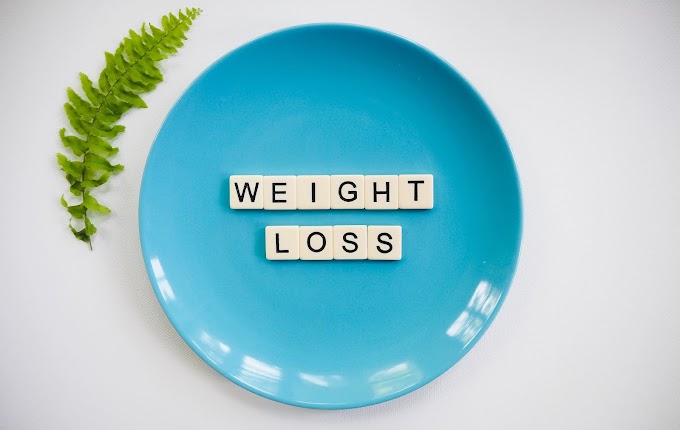How to address Teeth Sensitivity ?
You are not isolated if you have tooth sensitivity. It’s very popular, particularly among people in their late twenties and thirties. Knowing what causes tooth sensitivity will help you discover ways to mitigate it by removing the conditions that exacerbate it.
Gum recession and enamel degradation are the most common causes of tooth decay. Fortunately, these problems are simple to resolve.
Tooth enamel and gum lines also cover the delicate coating of dentin that lies just under your tooth enamel. The tiny tubules of dentin communicate with nerves at the roots of the teeth. When exposed dentin comes into contact with hot or cold liquids, the nerves are irritated, resulting in a sensation of pain.
It is also important to maintain the health of both your tooth enamel and your gum lines. And if they aren’t in perfect condition right now, they can normally be fixed with a little extra treatment. Here are few tips to help you maintain healthy gums and enamel:
Replace The Toothpaste with a more fit
Certain toothpaste formulations contain compounds that fill the tubules in your teeth’s dentin layer. This prevents hot or cold chemicals from reaching the nerves of your teeth. If you switch to one of these toothpastes, you should feel better within two weeks. Since there are no sharp bristles to scratch away the protective enamel, using a toothbrush with soft bristles speeds up the process.
Use a Fluoride-Containing Rinse
Fluoride is a chemical that, in small amounts, aids in the repair of your teeth’s enamel coat. While fluoride is used in most commercial toothpastes, adding a fluoride rinse to your oral hygiene regimen can help speed up the healing process.
If you ever have sensitive teeth by switching toothpaste and using a fluoride cleaner, see your dentist. There are some prescription drugs that can help to strengthen the teeth.
Sugary and acidic foods and beverages should be avoided.
Acid eats away at your teeth’s protective enamel. Acids are produced when sugary and starchy carbohydrates are broken down. If at all possible, stay away from those foods.
If you can’t stop them, brush your teeth as soon as possible after eating or drinking something. Drink a lot of water instead to dilute the acids that cause erosion. If you drink tap water, you’ll get bonus points. Fluoride is present in most tap water, particularly in urban areas. Sugarless gum also stimulates saliva production, which helps to dilute toxic acids.Saliva also aids in replenishing the defensive minerals in your teeth.
If you have sensitive teeth, seeing your dentist at least twice a year is much more necessary. Your dentist will spot minor conditions that, if left unchecked, may develop into more severe complications in the future.
A dentist may also apply an ointment to the teeth that protects the roots and makes them less sensitive.
Cleanings on a regular basis will also aid in the restoration of the teeth’s wellbeing. With routine checkups and cleanings, the dentist can help handle delicate teeth. Get an appointment with your dentist today to learn more about how to keep your teeth safe and reduce sensitivity. Or you can check about a better way to take care of your sensitive teeth Here.






0 Commentaires